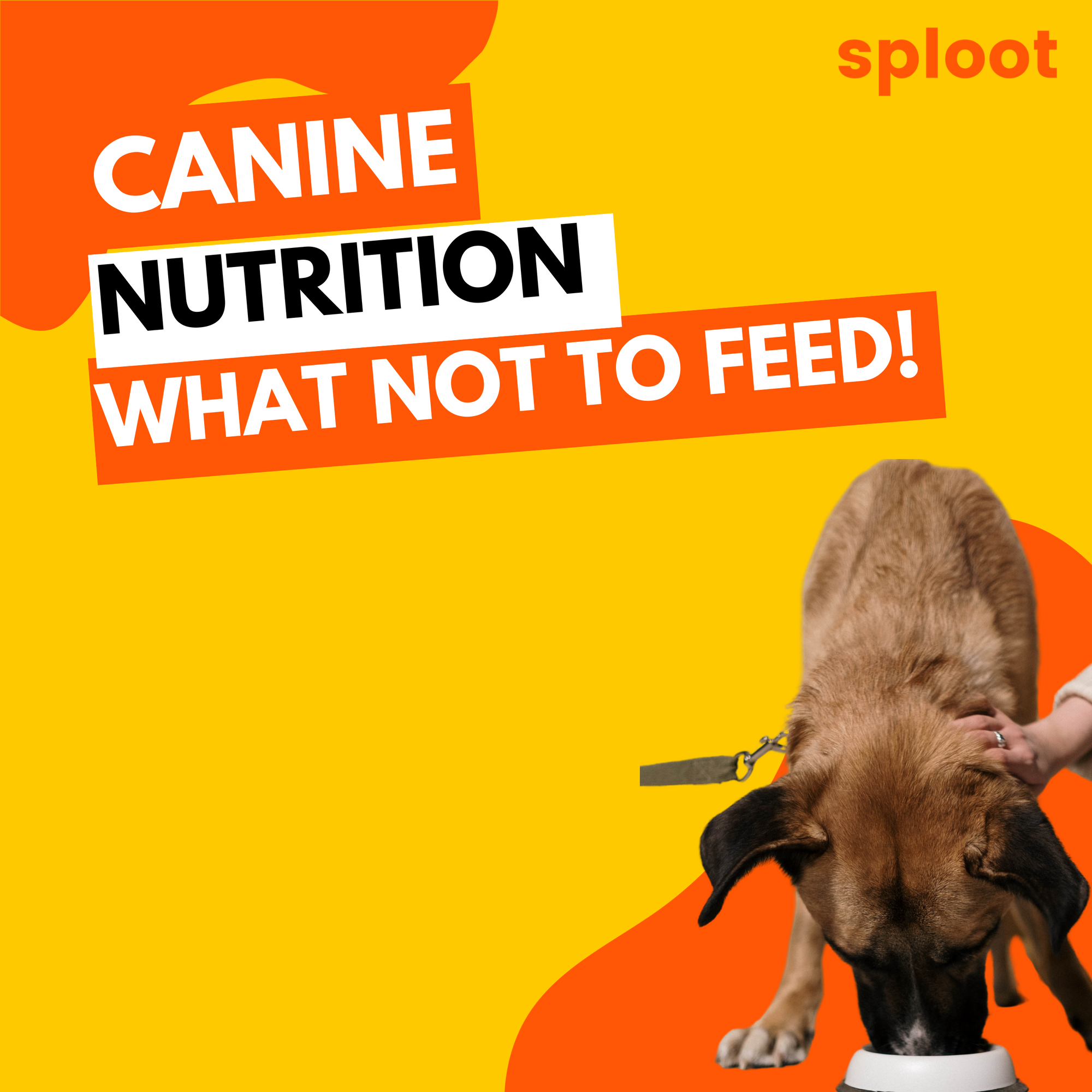Canine Nutrition: Foods To Avoid

Certain foods that are safe for humans can be harmful or even toxic to dogs. It's important for dog owners to be aware of these to ensure their pets' safety and health. Here are some common foods that should not be fed to dogs:
- Chocolate: Chocolate contains theobromine and caffeine, which can be toxic to dogs. Dark chocolate and baking chocolate are particularly dangerous.
- Grapes and Raisins: Even in small amounts, grapes and raisins can cause kidney failure in dogs.
- Onions and Garlic: These can cause gastrointestinal irritation and could lead to red blood cell damage.
- Xylitol: This sweetener, found in many sugar-free products like gum and candy, can cause insulin release in dogs, leading to liver failure and hypoglycemia.
- Alcohol: Even small amounts of alcohol can be toxic to dogs, leading to vomiting, diarrhea, central nervous system depression, difficulty breathing, coma, and even death.
- Caffeine: Found in coffee, tea, and certain soft drinks, caffeine can be fatal for dogs and there is no antidote.
- Avocado: Avocados contain persin, which can cause diarrhea and vomiting in dogs.
- Macadamia Nuts: These nuts can cause weakness, depression, vomiting, tremors, and hyperthermia in dogs.
- Yeast Dough: Yeast dough can rise and cause gas to accumulate in your pet's digestive system, which can be painful and can cause the stomach or intestines to rupture.
- Bones: Small or cooked bones can splinter and cause choking or serious damage to the dog's mouth, throat, or intestines.
- Fatty Foods: Excessive fatty foods can lead to pancreatitis, a potentially life-threatening condition.
- Salty Snacks: Large amounts of salt can produce excessive thirst and urination, or even sodium ion poisoning in pets.
- Milk and Dairy Products: While not necessarily toxic, many dogs are lactose intolerant and can develop digestive problems if they consume dairy products.
Always ensure to keep these foods out of your dog's reach and be cautious with anything you feed them that is outside of their regular dog food. If your dog does ingest any of these items, it's important to contact your veterinarian immediately.
